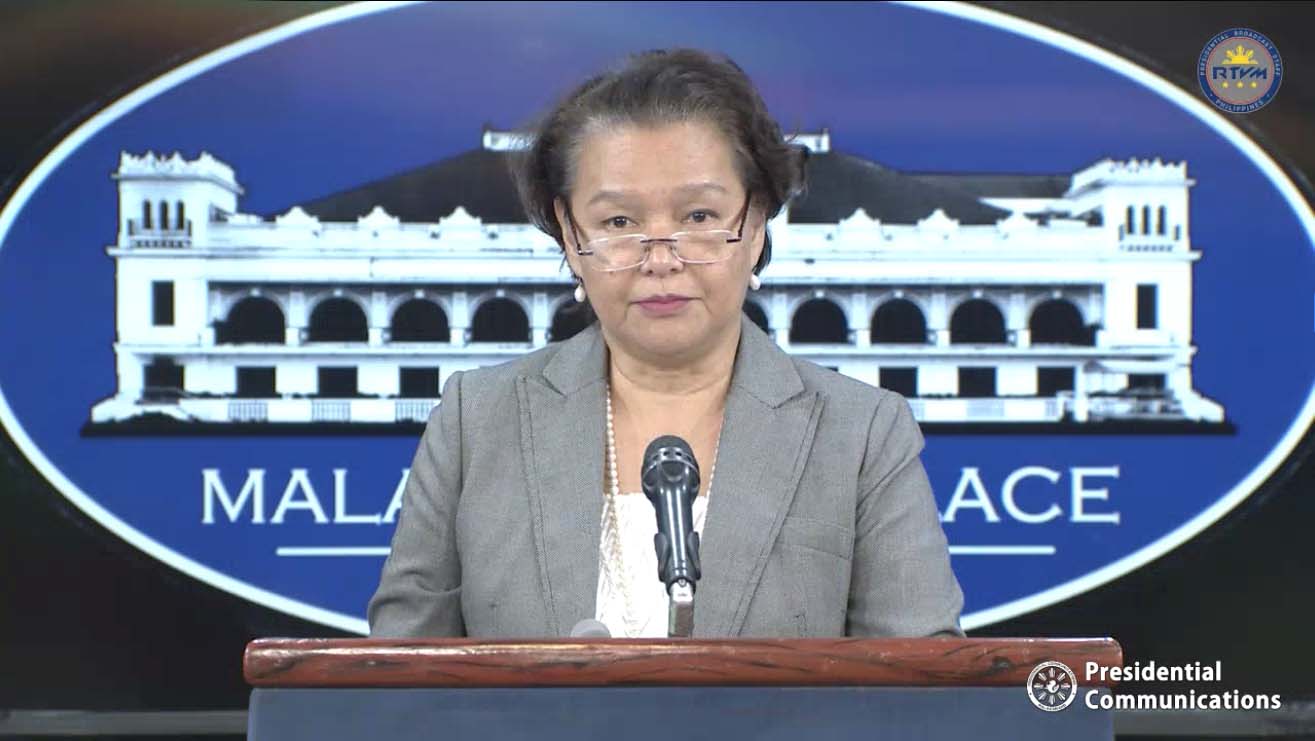
President Rodrigo Roa Duterte leaves for Thailand this week to attend the 34th Association of Southeast Asian Nations (ASEAN) Summit and join his fellow leaders in discussing a wide range of regional issues, a foreign affairs official said on Tuesday.
The President will participate in the summit, chaired by Thai Prime Minister Prayuth Chan-ocha, on June 22 and 23, Foreign Affairs Assistant Secretary and Director General of ASEAN-Philippine National Secretariat Junever Mahilum-West said in a pre-departure briefing in Malacañang.
She describes President Duterte’s Thailand schedule to be “very hectic.”
According to Mahilum-West, the President will attend several important events during the summit, which include the Summit Plenary, Gala Dinner for the leaders, Leaders’ Retreat, and the 13th Brunei Darussalam-Indonesia-Malaysia-Philippines East ASEAN Growth Area (BIMP-EAGA) Summit.
“At the plenary session on June 22, the leaders will discuss ASEAN community building under the theme ‘Advancing Partnership for Sustainability.’ Also, there will be a Leaders’ Retreat, during which they will exchange views on ASEAN’s external relations and the way forward, as well as significant regional and international issues,” she told reporters.
A couple of bilateral meetings are still being arranged by Philippine officials and their counterparts, she said.
The crafting of a Code of Conduct in the South China Sea will also be a major agenda during the ASEAN Summit in Thailand, with the Philippines being the ASEAN-China dialogue coordinator, the DFA official said.
As a coordinator from 2018 to 2021, the Philippines negotiates the ASEAN Member States and China on the Code of Conduct for the South China Sea, she explained, stressing a Code of Conduct is important to avoid mishaps like the recent incident in Recto Bank involving Filipino and Chinese fishermen.
“Because incidents like what happened emphasized the importance of having a Code of Conduct so that we could prevent these incidents from happening in the future,” Mahilum-West said.
During his attendance in the Nikkei’s 25th International Conference on the Future of Asia in Japan, President Duterte highlighted the importance of a binding Code of Conduct in the South China Sea to ease regional tension and prevent miscalculation.
Gains from ASEAN Summit participation
Asked about the country’s gains from the President’s participation in the ASEAN Summit, Mahilum-West said ASEAN is very important because through the regional grouping, the Philippines can forge close ties with its neighbors to advance sustainable growth and achieve regional peace and security.
The Philippines, by working with its partners, can attain regional integration and build communities within ASEAN that benefit Filipinos and other ASEAN people.
Filipino officials are also linking the Duterte administration’s Build, Build, Build program to the wider ASEAN community.
“We are linking our Build, Build, Build program to the Master Plan on ASEAN Connectivity 2025 and we would like to find synergies there and complementarities,” Mahilum-West said.
“So we are linking up ASEAN through infrastructure projects…but connectivity also pertains to people-to-people relations and dealings of countries.”
Regarding trade, Mahilum-West said the Regional Comprehensive Economic Partnership (RCEP) has gained traction recently as the trade war between the US and China escalates.
“The RCEP is gaining importance because of the trade friction between China and the US and we hope that RCEP would be concluded by this year,” she said, adding that there is no definite timetable when to conclude it.
RCEP is a proposed international free-trade agreement (FTA) among 16 nations in the Asia-Pacific region. It includes the 10-member countries of the ASEAN and the six Asia-Pacific countries with whom ASEAN has existing FTAs, namely Australia, China, India, Japan, New Zealand, and South Korea.
The members of the ASEAN are Brunei, Cambodia, Indonesia, Laos, Malaysia, Myanmar, the Philippines, Singapore, Thailand, and Vietnam. PND

